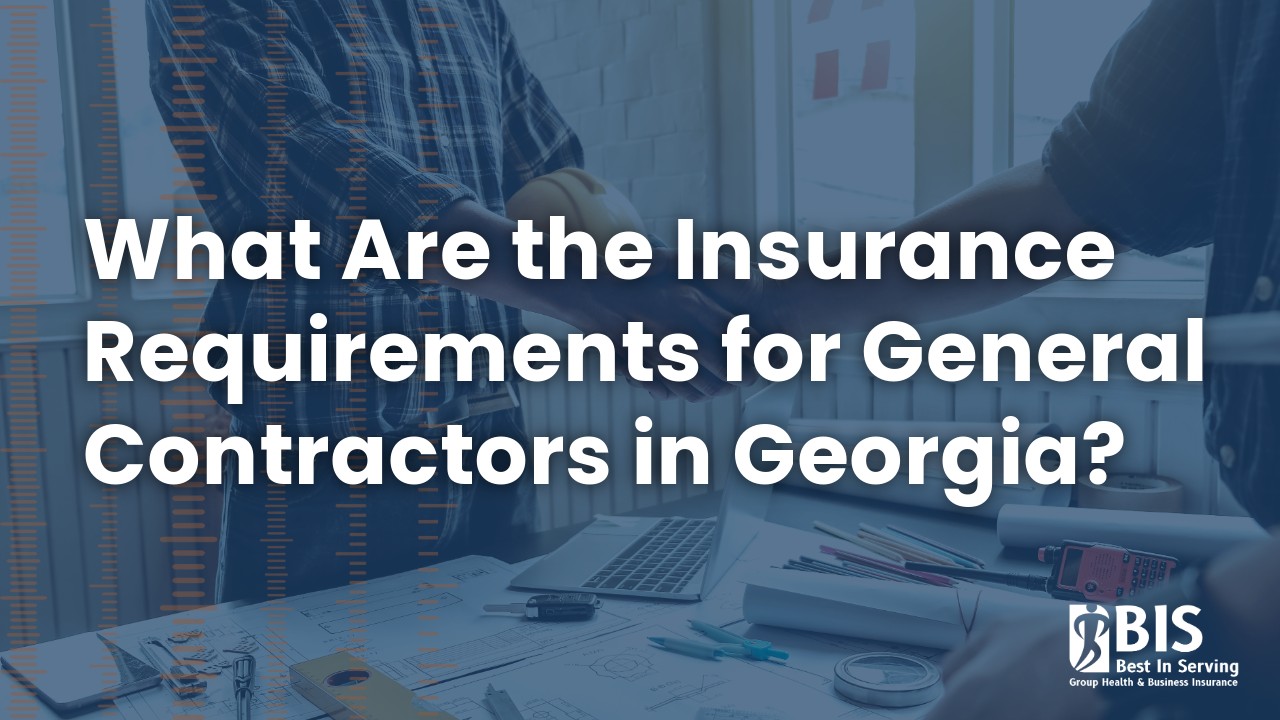For professionals operating in various capacities, from builders and electricians to IT consultants and freelance creatives, the term “contractor” encompasses a broad spectrum of independent work. While the freedom and flexibility of contracting are immensely appealing, they also come with a significant responsibility: managing one’s own risk. Unlike traditional employees who are typically covered by their employer’s insurance, contractors are solely accountable for their liabilities, making comprehensive insurance not merely an advisable measure, but often a mandatory requirement for securing contracts and safeguarding their financial future.
The landscape of insurance for contractors is diverse, reflecting the varied nature of their work. However, several core types of coverage are almost universally essential, providing a crucial safety net against the inherent risks of independent operation. Understanding these requirements is the first step towards building a robust protection strategy.
Perhaps the most fundamental insurance for any contractor is **General Liability Insurance**, also known as Public Liability Insurance in some regions. This policy is designed to protect a contractor from claims of bodily injury or property damage to third parties arising from their business operations. Imagine a scenario where a plumber accidentally causes a leak that damages a client’s ceiling, or a painter spills paint on a client’s valuable rug. General Liability insurance would cover the costs of repairs, medical expenses, and legal fees if a lawsuit were to ensue. It also typically includes coverage for personal and advertising injury, such as libel, slander, or copyright infringement related to business activities. For many contractors, especially those working on client premises, General Liability is often a prerequisite for signing contracts, with clients frequently demanding specific coverage limits, typically ranging from €1 million to €2 million per occurrence.
Another critical requirement, particularly for contractors who employ others, is **Workers’ Compensation Insurance**. This coverage is mandated by law in most jurisdictions for businesses with employees, regardless of the industry. Workers’ compensation provides medical benefits and wage replacement for employees who suffer work-related injuries or illnesses. It also typically protects the employer from lawsuits filed by injured employees. For contractors, this is especially vital in high-risk professions like construction, where accidents are unfortunately common. Even if a contractor only uses subcontractors, it’s crucial to ensure those subcontractors carry their own Workers’ Compensation, as in some cases, the primary contractor could be held liable if an uninsured subcontractor’s employee is injured on their job site. This aspect underscores the importance of verifying proper insurance for all parties involved in a project.
For contractors who offer professional advice, design services, or intellectual property, **Professional Liability Insurance**, often called Errors and Omissions (E&O) insurance, is indispensable. This policy protects against claims of negligence, mistakes, or omissions in the professional services provided that result in financial loss for the client. A marketing consultant, for instance, could be sued if their campaign fails to deliver promised results, leading to financial damage for the client. An IT contractor might face a claim if a software bug they introduced causes a client’s system to crash. Unlike General Liability, E&O specifically covers the financial consequences of professional errors rather than physical damage or injury. Many client contracts, particularly in consulting, IT, and design fields, explicitly require professional liability coverage.
Contractors whose work involves the use of vehicles for business purposes, whether transporting tools, materials, or traveling between job sites, absolutely need **Commercial Auto Insurance**. Personal auto policies typically exclude coverage for vehicles used for business purposes, leaving a significant gap in protection. Commercial Auto insurance covers liability for bodily injury and property damage caused by your business vehicles, as well as collision and comprehensive coverage for damage to your own vehicles. If a landscaper’s work truck is involved in an accident while hauling equipment to a job, commercial auto insurance would cover the damages and any resulting liability claims. For contractors with a fleet of vehicles or those operating heavy machinery, this coverage is paramount.
Beyond these core coverages, other specialized insurance types may be required depending on the specific industry and nature of the contract. For construction contractors, **Builder’s Risk Insurance** (also known as Course of Construction insurance) is often required for new construction or major renovation projects. This policy covers physical damage to the structure itself and materials on-site during the course of construction from perils like fire, theft, or vandalism. Similarly, contractors dealing with hazardous materials or potential environmental impact might need **Pollution Liability Insurance**.
Finally, for contractors seeking enhanced protection beyond the limits of their primary policies, **Commercial Umbrella Insurance** provides an additional layer of liability coverage. It kicks in when the limits of underlying policies, such as General Liability or Commercial Auto, have been exhausted. This extra coverage is especially valuable for large projects or in high-risk professions where the potential for catastrophic claims is greater. Many larger clients and public projects may even stipulate very high liability requirements that can only be met through an umbrella policy.
Navigating the complex world of contractor insurance can be challenging, which is why consulting with an experienced insurance broker specializing in commercial policies is highly recommended. A knowledgeable broker can help identify specific risks, understand contractual insurance obligations, and tailor a comprehensive package that provides adequate protection without unnecessary costs. Ultimately, understanding and fulfilling insurance requirements is not just about compliance; it’s about shrewd risk management that safeguards a contractor’s livelihood, reputation, and long-term business viability, allowing them to focus on delivering quality work with confidence.




